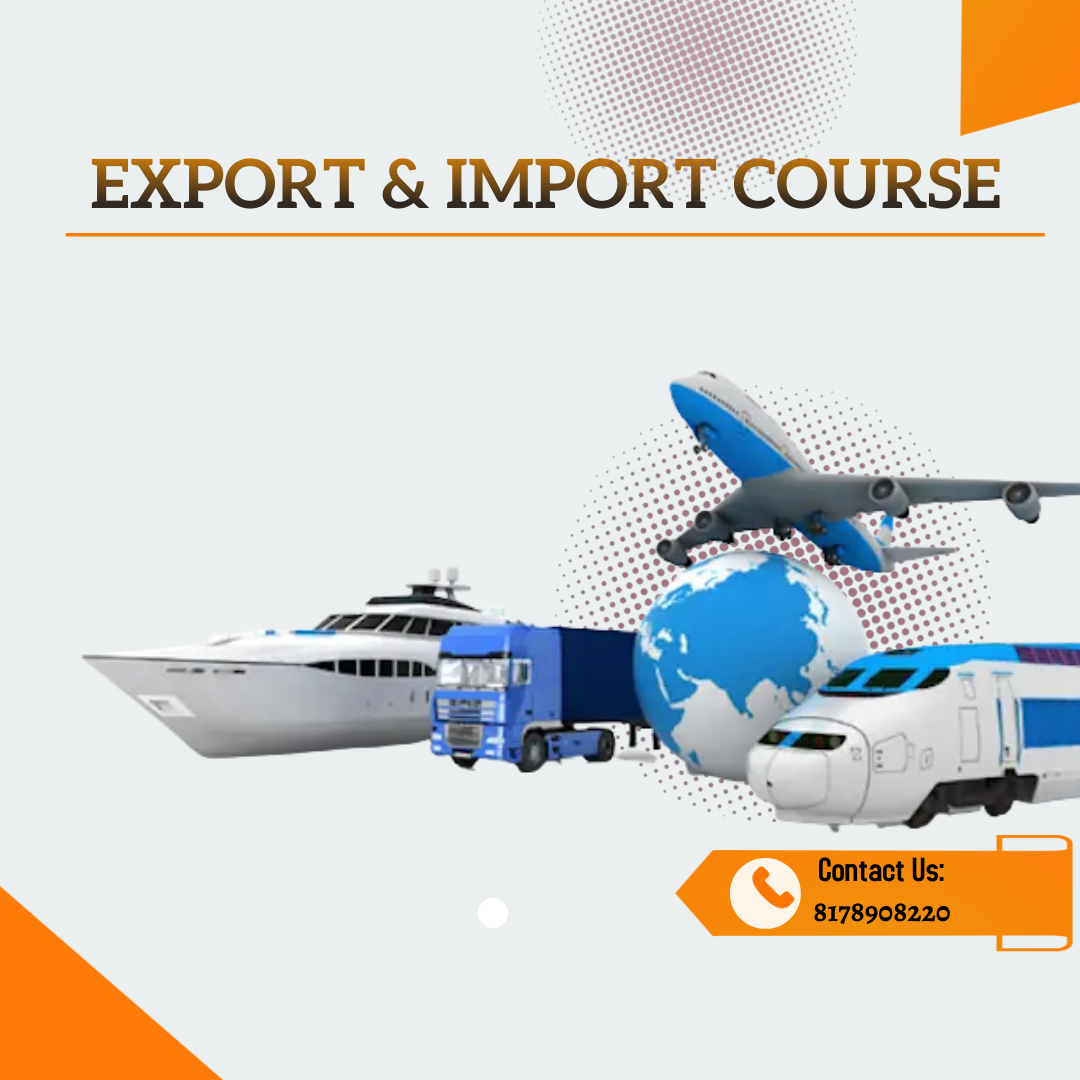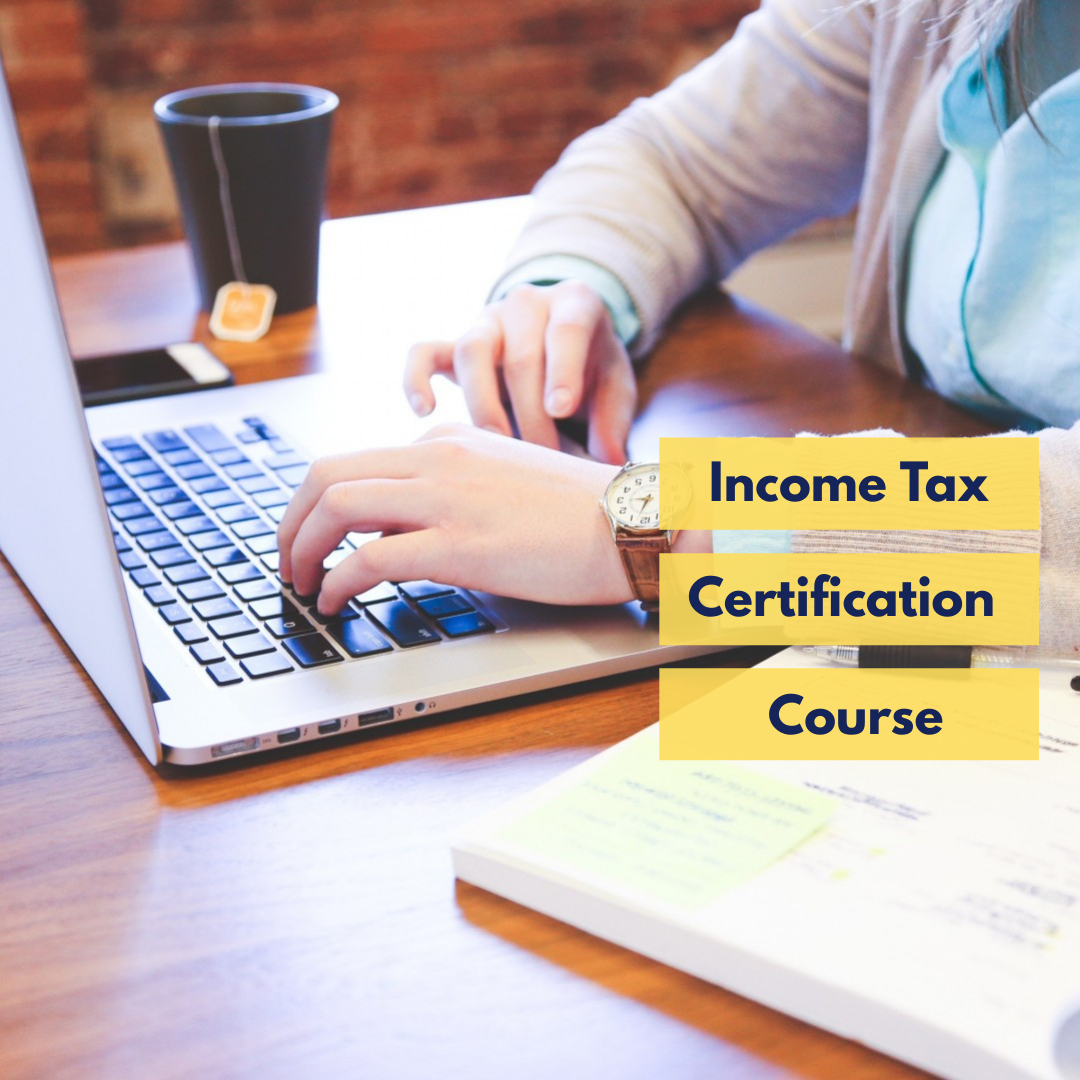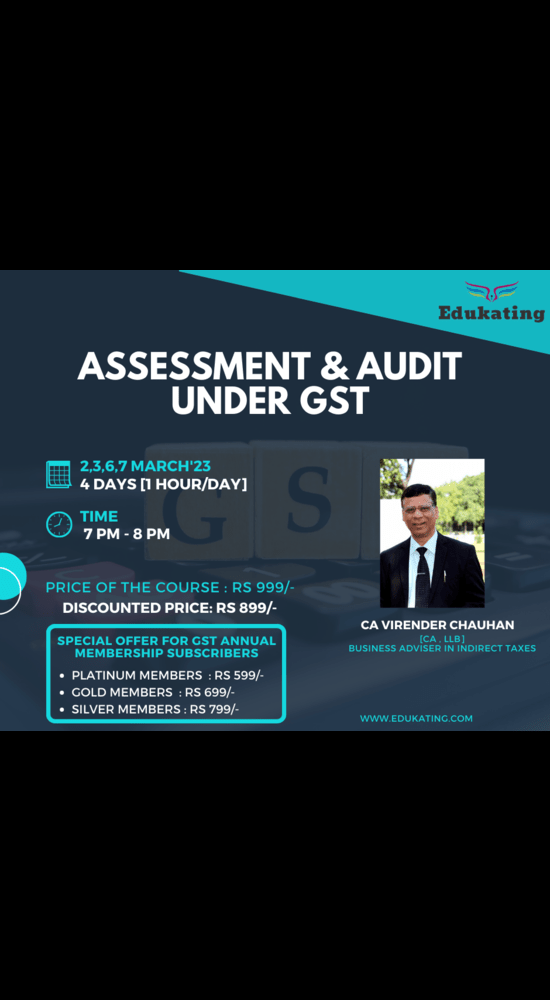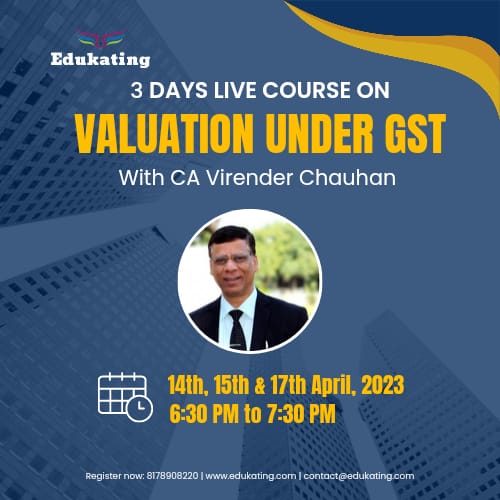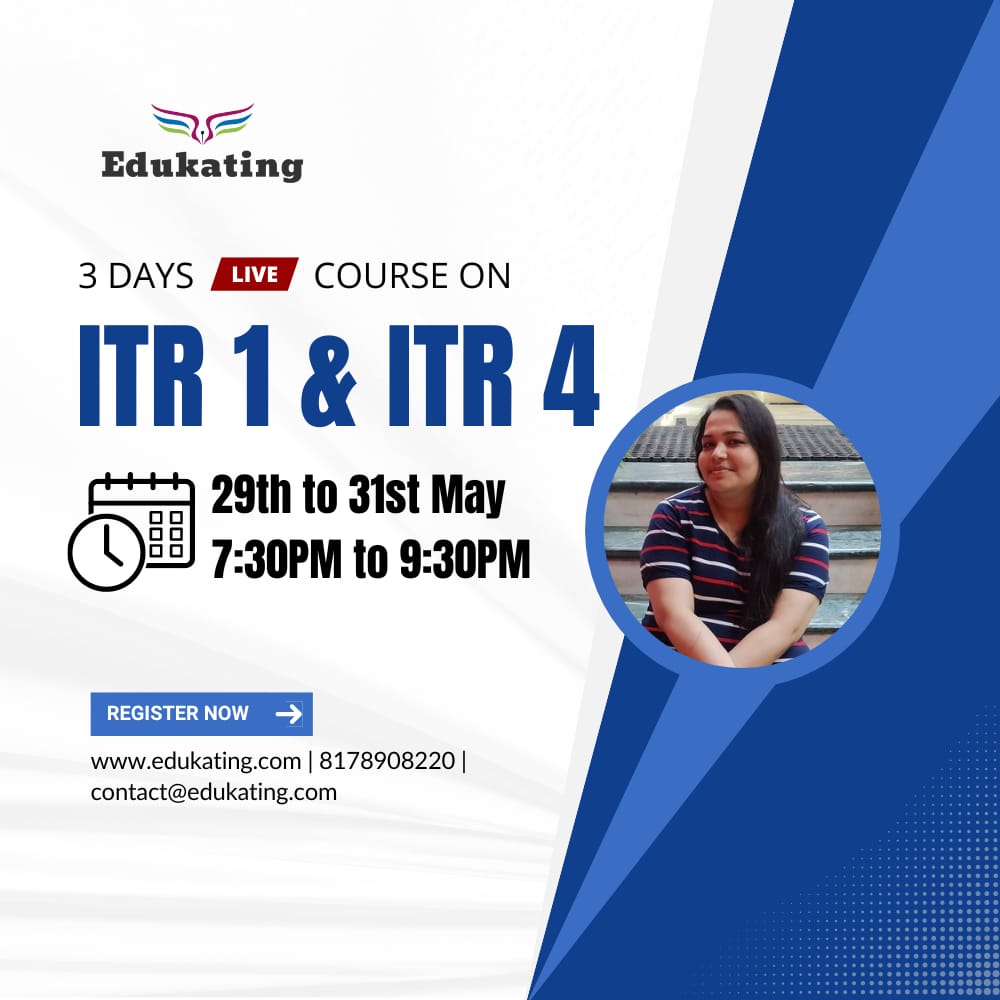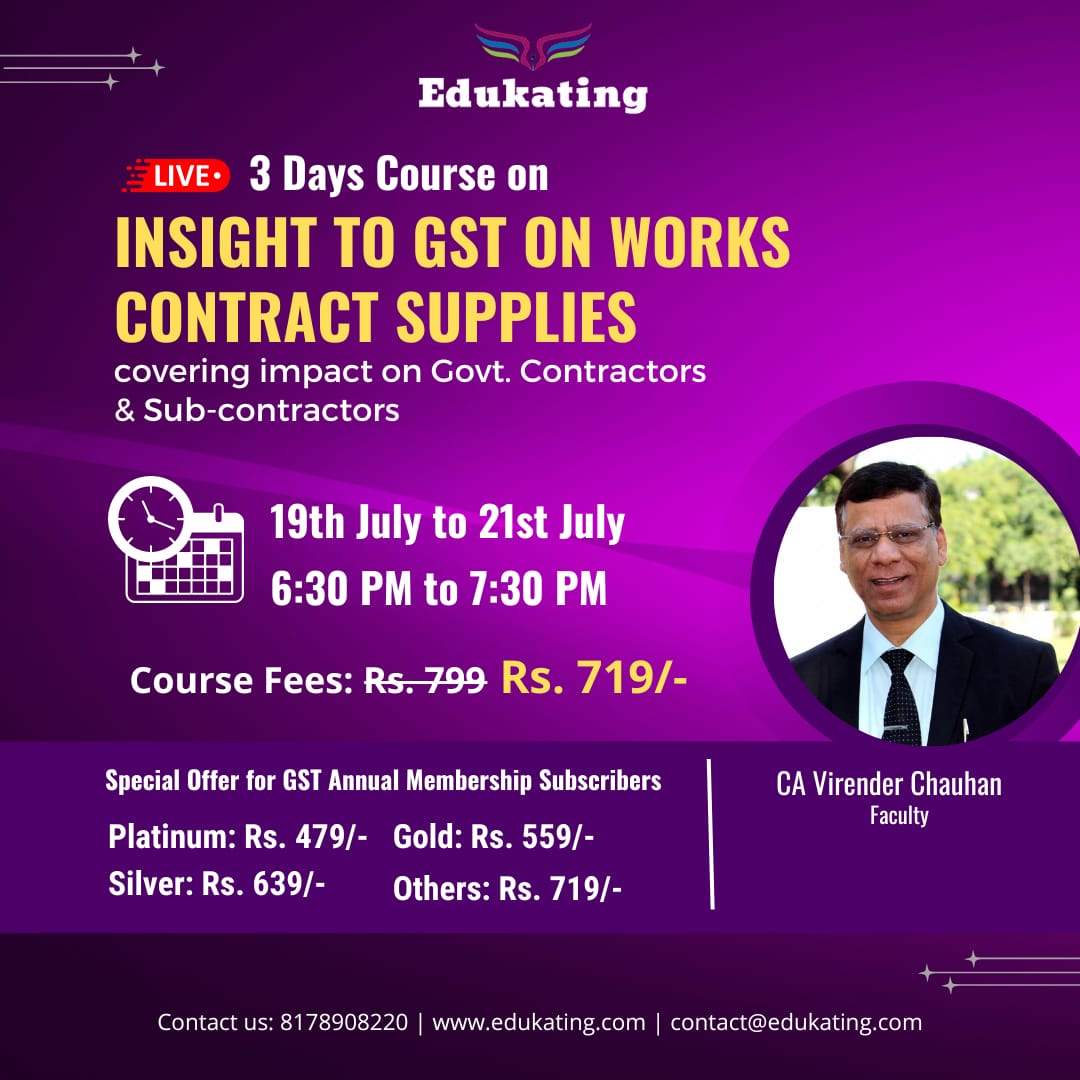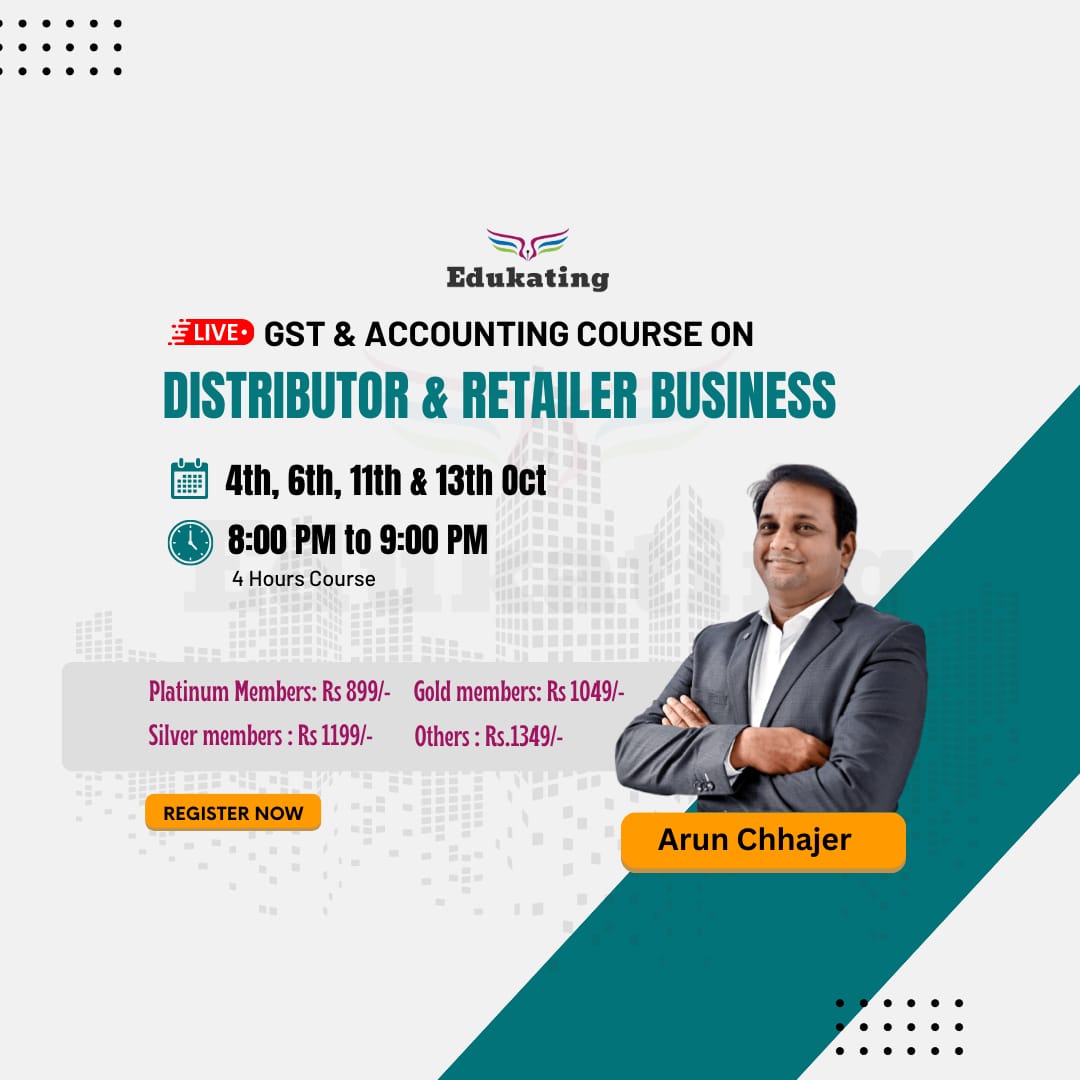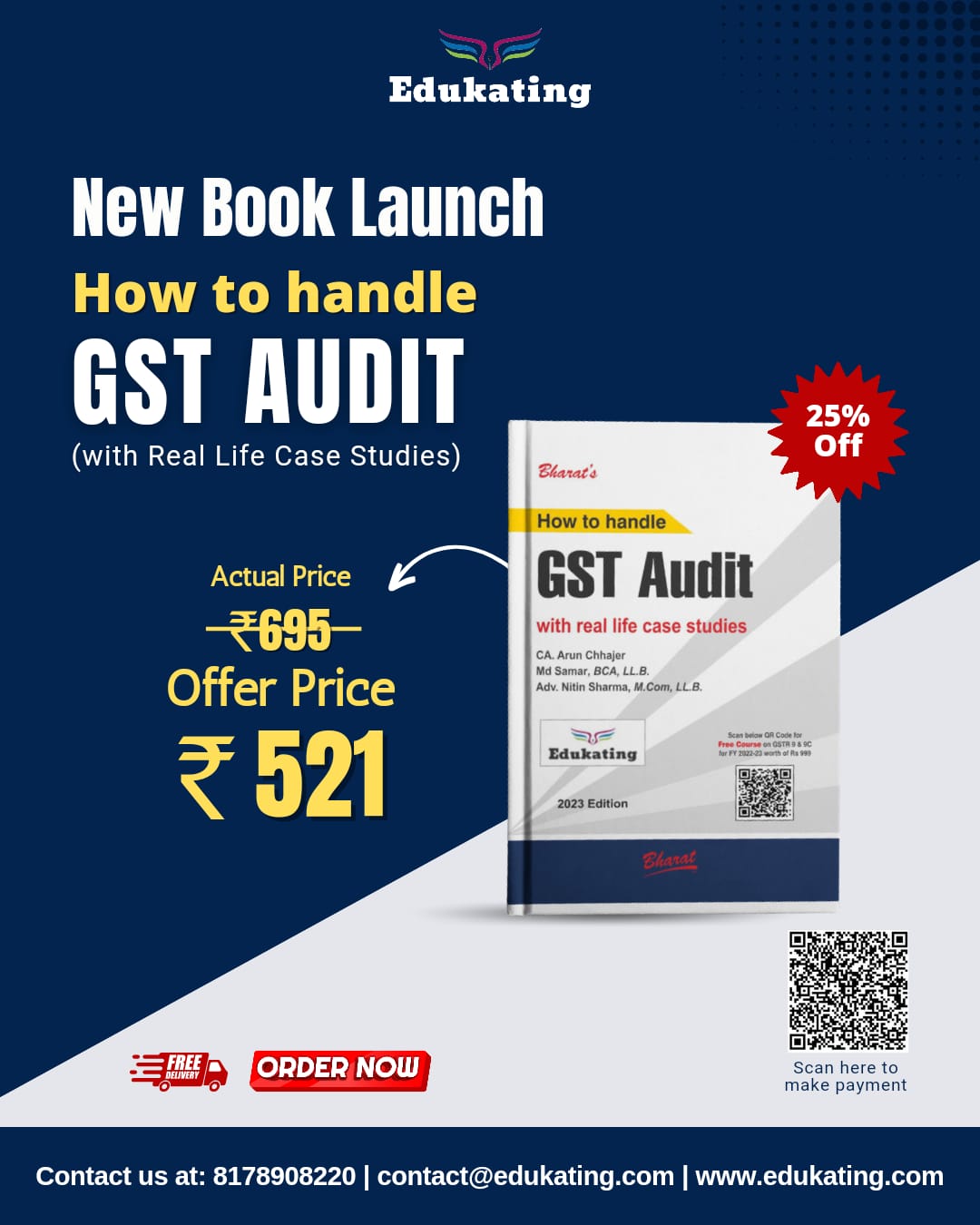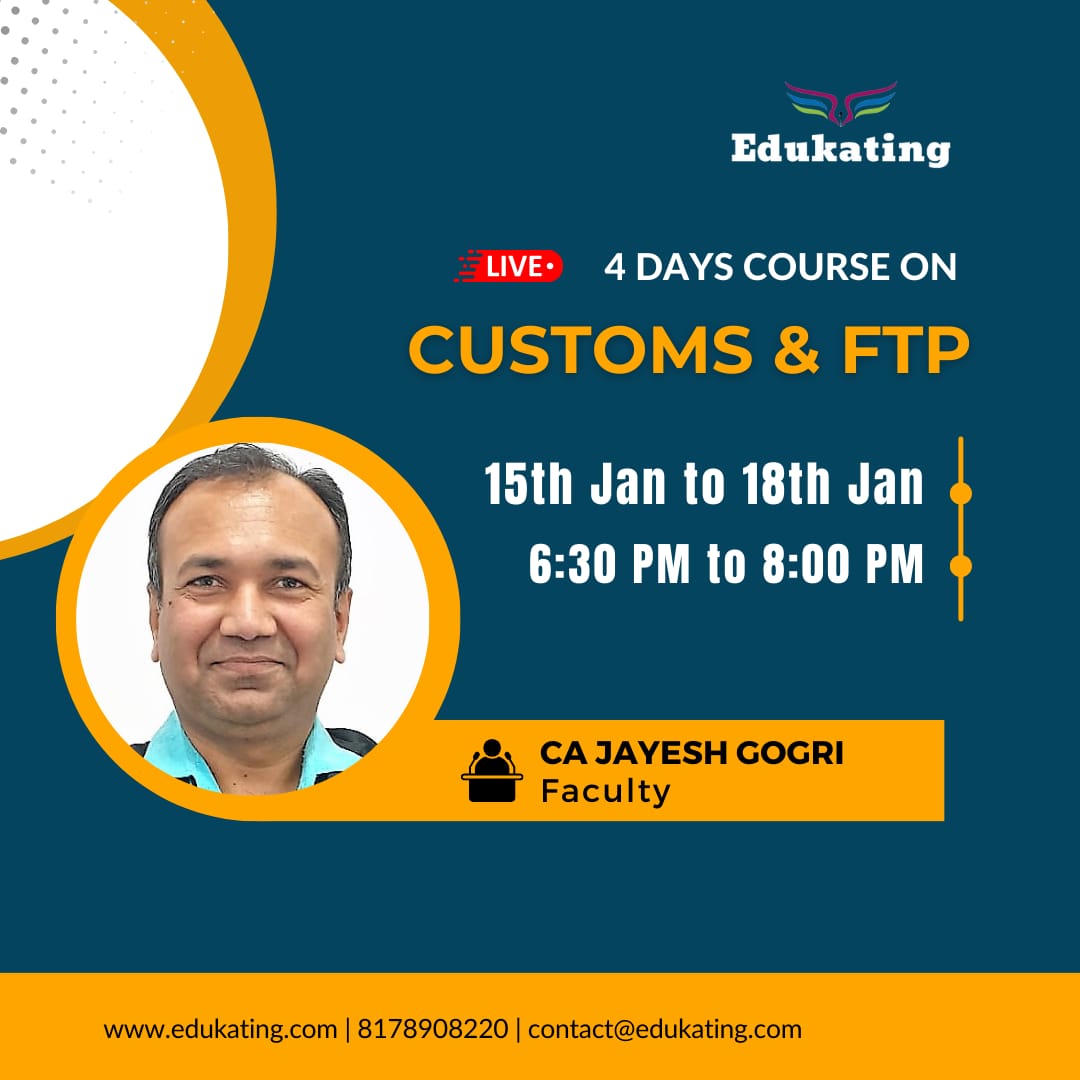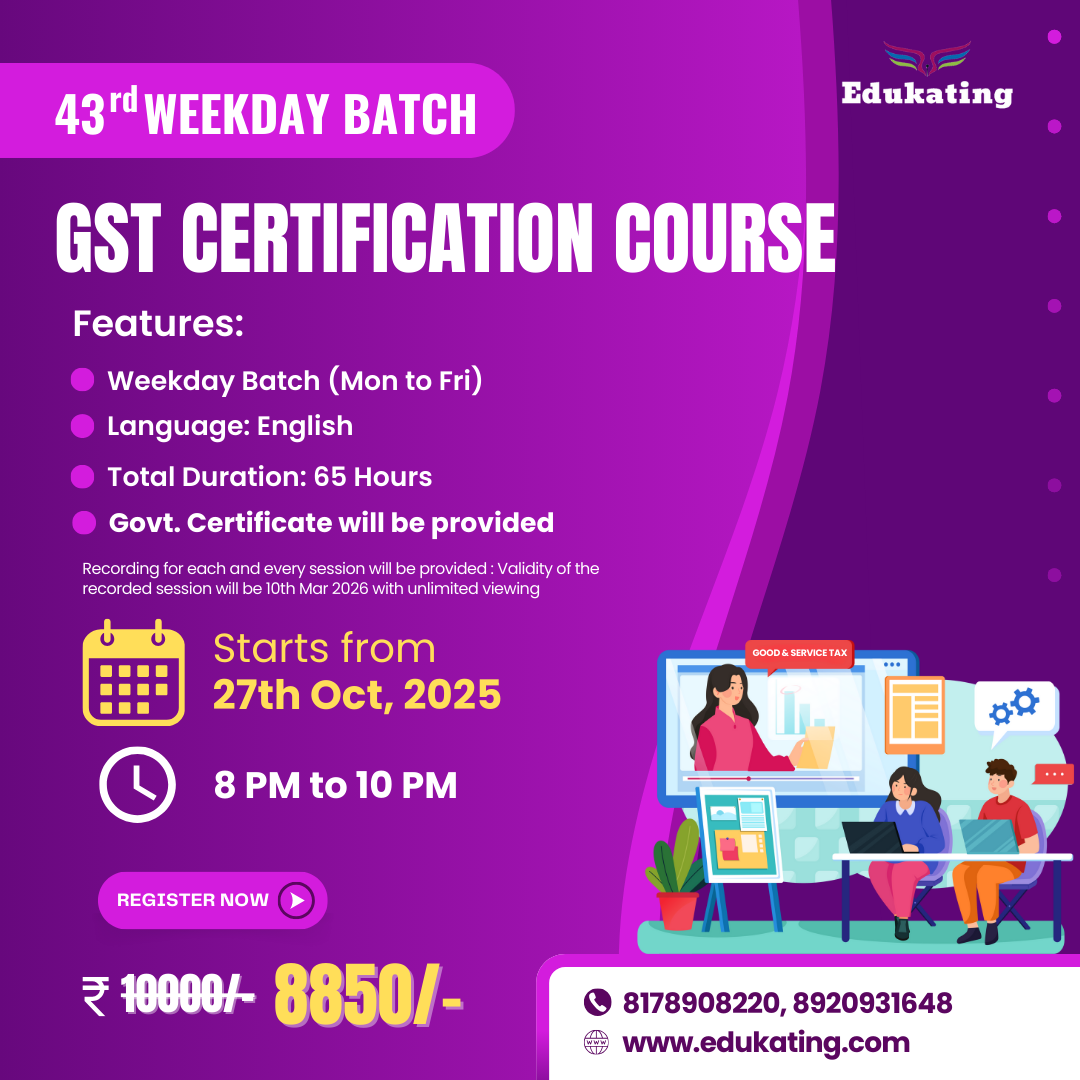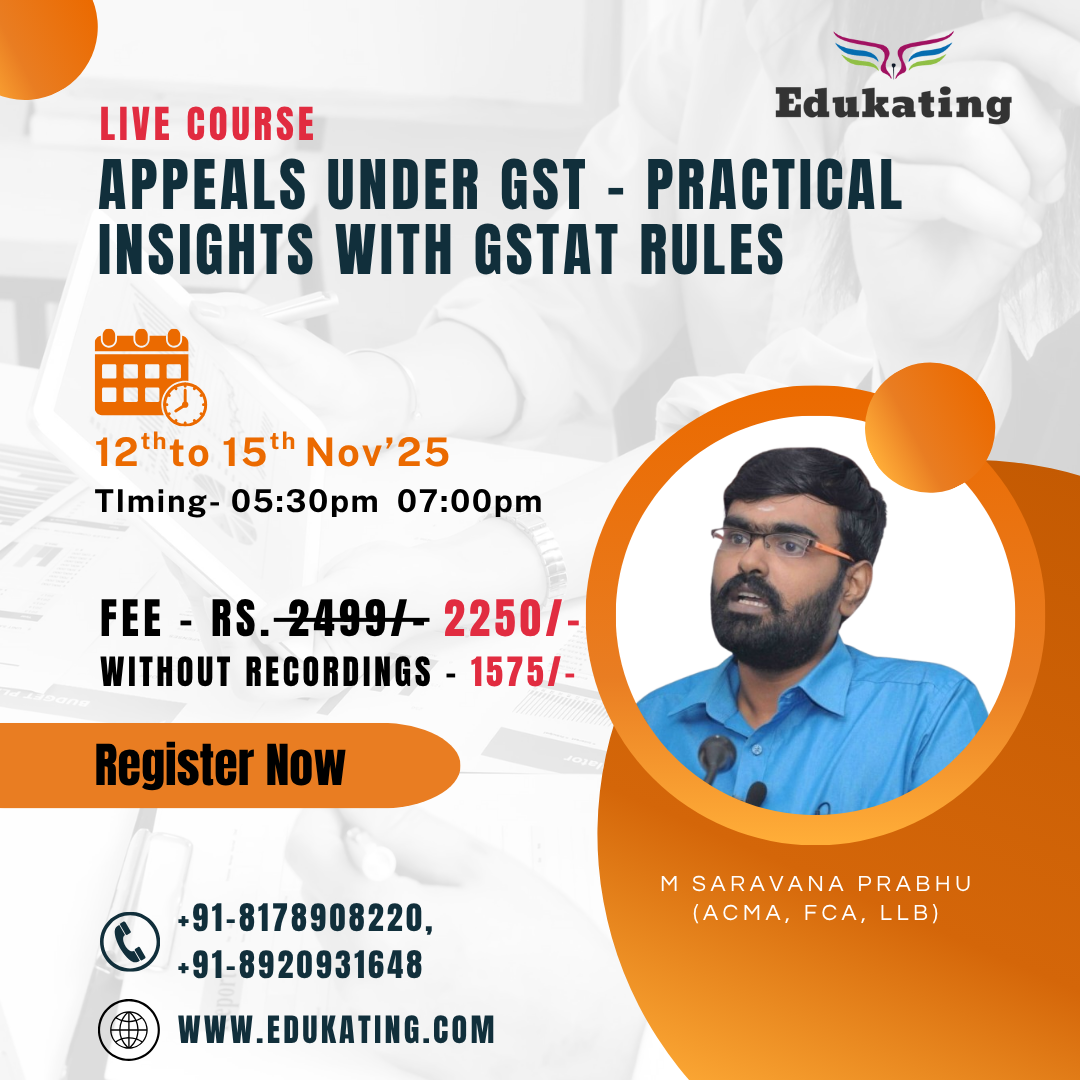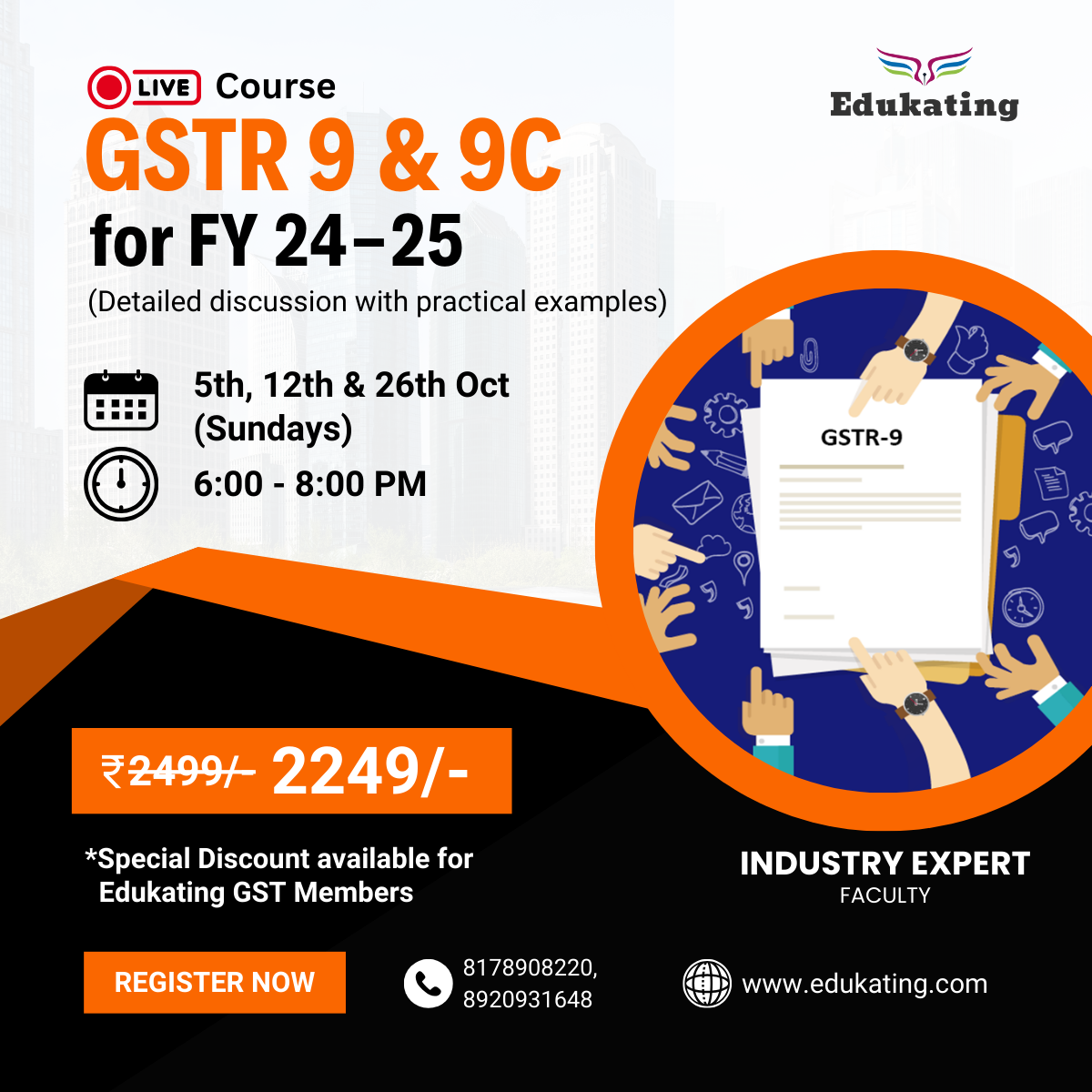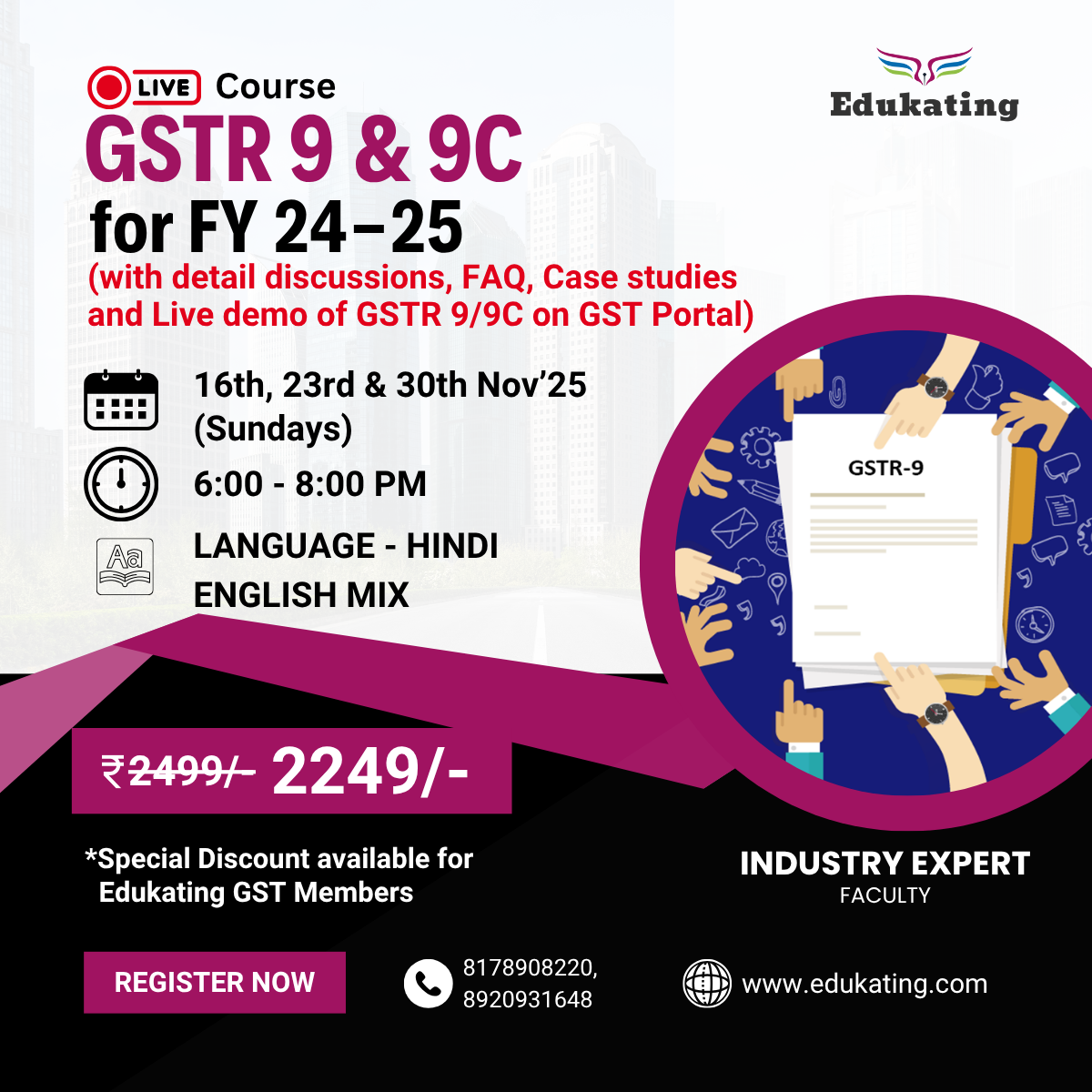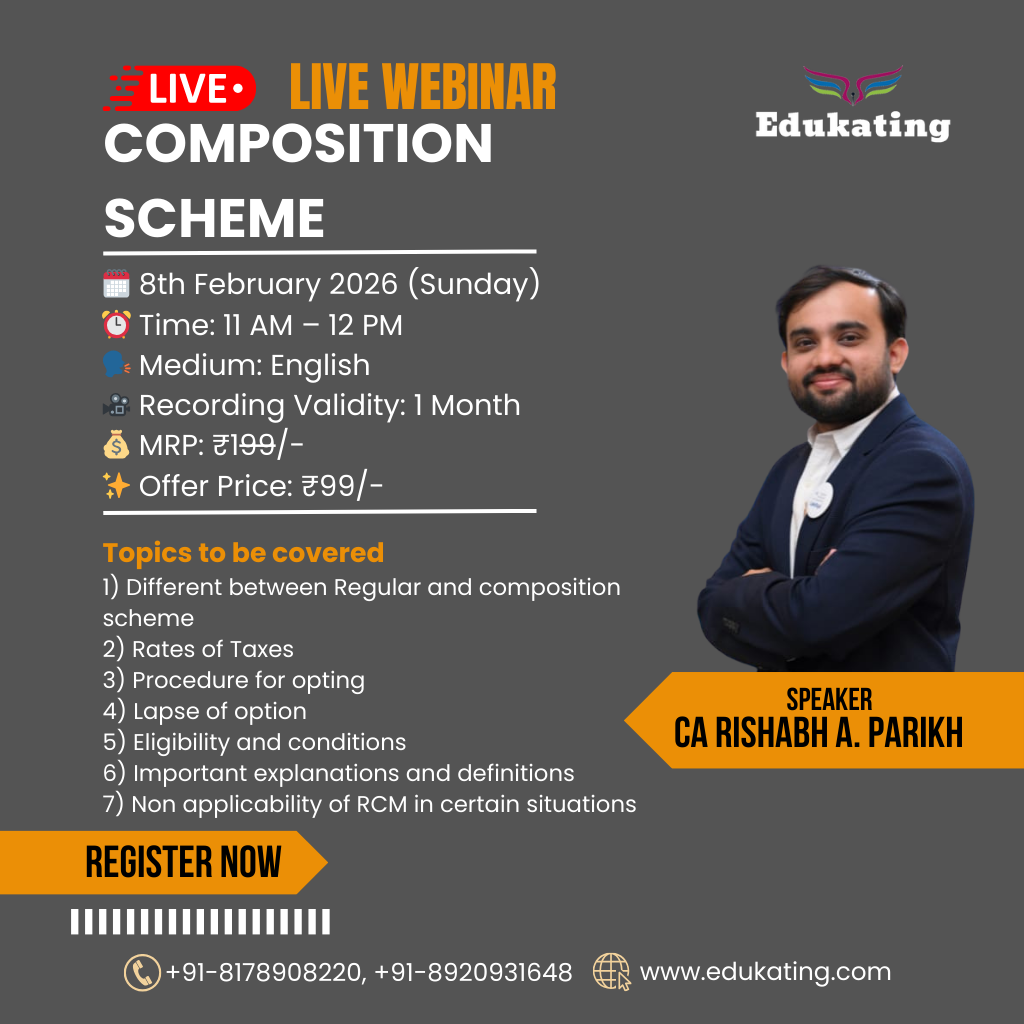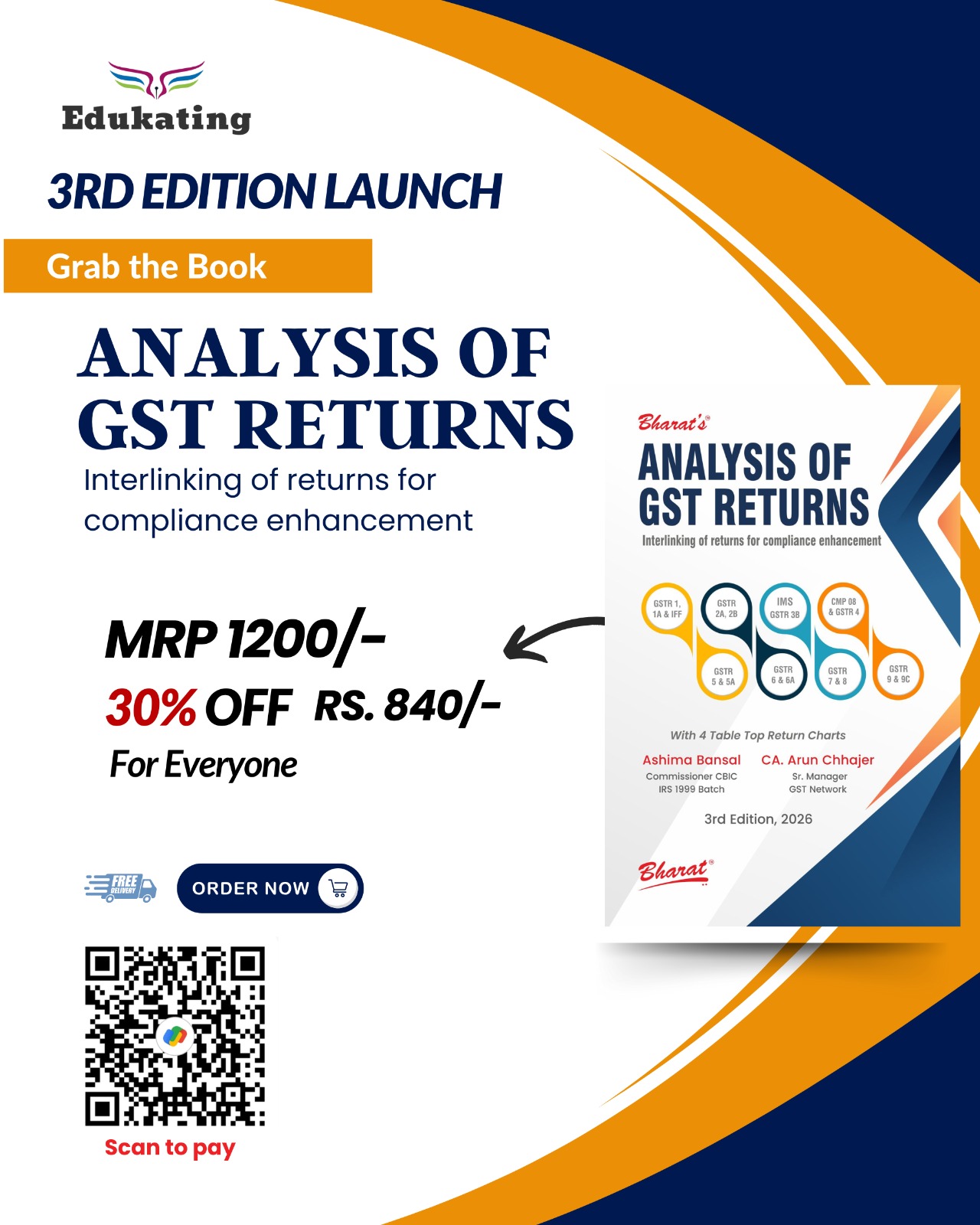Pure Agent in GST
The GST Act defines an agent as a person including a factor, broker, commission agent, arhatia, del credere agent, an auctioneer or any other mercantile agent, by whatever name called, who carries on the business of supply or receipt of goods or services or both on behalf of another.
The Question which arises now is regarding the Concept of Pure Agent in GST , whether it is the same as an agent or is there any difference between an agent or a Pure Agent in GST?
Pure Agent in layman language is the one who while making a supply to the recipient, also receives and incurs expenditure on some other supply on behalf of the recipient and claims reimbursement (as actual, without adding it to the value of his own supply) for such supplies from the recipient of the main supply.
The relationship between the provider of service and recipient of service in respect of the main service is on a principal to principal basis, the relationship between them in respect of other ancillary services is that of a pure agent.
Let us take below example to understand the concept of Pure Agent :
A is an importer and B is a Custom Broker. A approaches B for customs clearance work in respect of an import consignment.The clearance of import consignment and delivery of the consignment to A would also require taking service of a transporter.So A, also authorises B, to incur expenditure on his behalf for procuring the services of a transporter and agrees to reimburse B for the transportation cost at actuals.
In the given illustration, B is providing Customs Brokers service to A, which would be on a principal to principal basis. The ancillary service of transportation is procured by B on behalf of A as a pure agent and expenses incurred by B on transportation should not form part of value of Customs Broker service provided by B to A.
Rule 33 of GST Valuations Rule , 2017 :
The concept of Pure Agent is borrowed from erstwhile Service Tax Determination of Value Rules, 2006 and carried forward under GST.
As per Rule 33 of GST Valuations Rule , 2017 , Pure Agent means a person who:
- enters into a contractual agreement with the recipient of supply to act as his pure agent to incur expenditure or costs in the course of supply of goods or services or both ;
- neither intends to hold nor holds any title to the goods or services or both so procured or provided as pure agent of the recipient of supply ;
- does not use for his own interest such goods or services so procured ;
- receives only the actual amount incurred to procure such goods or services in addition to the amount received for the supply he provides on his own account.
Does a Pure Agent use the goods or services procured for his own interest?
A Pure Agent does not use the goods or services so procured for his own interest and this fact has to be determined from the terms of the contract.
Taking forward the example of pure agent we’ve discussed above , assuming that the contract was for clearance of goods and delivery to the Importer at the price agreed upon in the contract.In such case, the Customs Broker would be using the transport service for his own interest as the agreement requires him to deliver the goods at the importers place and thus would not be considered as a pure agent for the services of transport procured.
Another important fact is that the person who provides any service as a pure agent receives only the actual amount for the services provided.
When does the expenditure incurred as a Pure Agent become relevant?
Expenditure incurred as a pure agent becomes relevant, when it comes to determining the value of a supply for levy of GST.
The valuation rules provide that expenditure incurred as a pure agent, will be excluded from the value of supply, and thus also from aggregate turnover. However, such exclusion of expenditure incurred as a pure agent is possible only if all the conditions required to be considered as a pure agent and further conditions stipulated in the rules are satisfied by the supplier in each case.
What conditions should a supplier satisfy for exclusion of expenditure incurred as a Pure Agent from the Value of Supply under GST?
The supplier would have to satisfy the following conditions (in addition to the condition required to be satisfied to be considered as a pure agent)for exclusion from value:
- The supplier acts as a pure agent of the recipient of the supply, when he makes payment to the third party on authorization by such recipient;
- The payment made by the pure agent on behalf of the recipient of supply has been separately indicated in the invoice issued by the pure agent to the recipient of service;
- The supplies procured by the pure agent from the third party as a pure agent of the recipient of supply are in addition to the services he supplies on his own account.
In case the conditions are not satisfied, such expenditure incurred shall be included in the value of supply under GST.
Example : A corporate services firm named XYZ is handling the legal and compliance work pertaining to the incorporation of Company ABC.Other than its service fees, XYZ also recovers from ABC , registration fee and approval fee for the name of the company paid to Registrar of the Companies. The fees charged by XYZ from ABC for approval and registration of the company are compulsorily levied on ABC.
Thus , A is merely acting as a pure agent in the payment of those fees. Therefore, XYZ’s recovery of such expenses is a disbursement and not part of the value of supply made by XYZ to ABC.
A Pure Agent is an important concept for businesses as it has direct implications on the value of supply of taxable service. It has direct bearing on the amount of GST charged on a particular supply. It also impacts the aggregate turnover of the supplier and therefore on calculating the threshold limit for registration.












